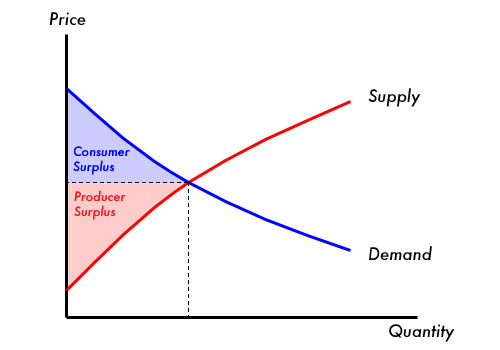In a perfect world we wouldn't need "hate crime" legislation, if a crime is committed then people should be punished for the crime almost irrespective of motive or who they victim is, otherwise wouldn't you be treating people differently under the law? 'Hate crimes' are usually of a violent nature, but surely most violent crimes derive from some form of hatred for the victim and some underlying prejudice against that person and hence be considered a hate crime? This labelling could also be self fulfilling, when attributed too commonly it could lead to groups feeling persecuted even if there isn't an underlying bias against them.
However, we don't live in a perfect world. The argument is that a 'hate crime' causes greater personal and social harm. By attacking a person for who they are (rather than say using something that they've done as a motive) you are effectively attacking their identity and if such crimes become common place it can really lead to a feeling of disempowerment by that group. Often, just the recognition that crimes towards a group are caused by underlying prejudices is the first step to showing that the group are being discriminated against.
If I were legislators I wouldn't be putting boundaries on what can or can't be described as a 'hate crime', as long as the motive was just some underlying prejudice there then the legislation should apply. However boundaries have been put in place, in the UK these are membership (or assumed membership of):
- A religious group,
- A racial group, or:
- Sexual orientation,
- Disability.
| Sophie (R.I.P) |
There is a reason I am writing this blog now, Greater Manchester Police have started recording attacks on 'subcultures' as hate crimes. I can't put into words how happy I am to see this. I briefly alluded to this in my HMV post, this is the one area where I have been the victim of discrimination and in fact, one area where I have received abuse for nothing other than the way I look/dress etc.
For those of you who are unaware this has probably stemmed as a result of campaigning by the Sophie Lancaster Foundation. This is a charity that was set up after Sophie Lancaster and her boyfriend Robert Maltby were attacked whilst walking through a park in 2007 because they were wearing goth clothing. Unfortunately Sophie ended up in a coma from which she never woke up, basically she was kicked to death because she looked different.
This issue isn't something that gets much attention at all, but it is very real, below are a few of the instances I've personally experienced:
- When I was 16/17, walking home from college with a friend who had green hair (we were both probably dressed as moshers - baggy jeans and a band hoodie, that was our usual dress for college) a car slowed, wound down it's windows and threw an empty bottle in our direction whilst shouting abuse.
- When I was 17 I'd been on a night out with a few friends, 2 of us got the bus back together (same person as above actually) and as we got off the bus 2 other guys started following us and ended up chasing us, I seem to remember he took a punch before we got away (he was always the unlucky one). I can't say that this was just due to how we looked but it felt that way.
- When I was 18/19 and walking home from a night out (so the early hours of the morning) I was followed for about a mile by three guys about my own age (who stayed about 20 - 30 yards behind me) who kept shouting different derogatory comments about me being a goth. (I was wearing a long leather coat and had long hair). I assume they were trying to draw me into confrontation or just intimidate me.
- When I was 19 I was sat on a bus with a friend who also had long hair and the 3 guys behind us kept pulling on his hair (I think they knew him), talking about how they were going to shave it off and were being generally intimidating, fortunately though they got off before us and not at the same time.
Without a change in legislation all the force can do is record this as an element of the crime, but I think it is a huge starting point. Hopefully this will help to illustrate that it is something that exists and by acknowledging it it will make a difference, make people feel safer and be the starting point into making it socially unacceptable.
One day maybe we will live in a world where people treat others with respect irrespective of how they look or what they believe in. I can't see this ever happening but it doesn't mean we shouldn't try and shouldn't celebrate each improvement. Hopefully Sophie's family's awesome work will have a lasting legacy.


















